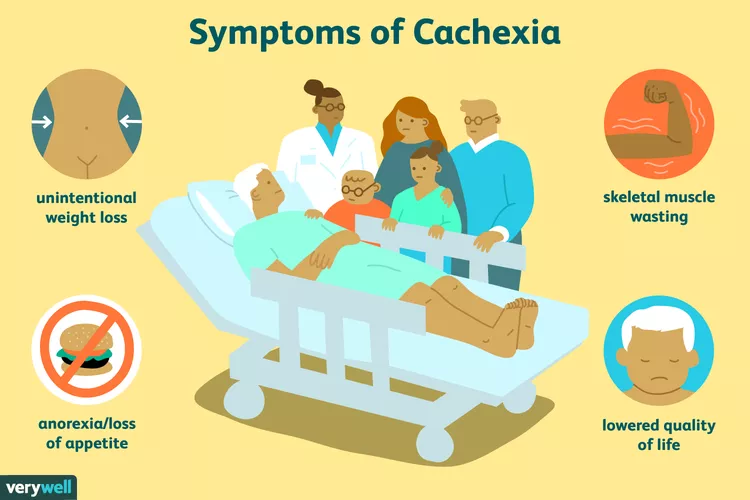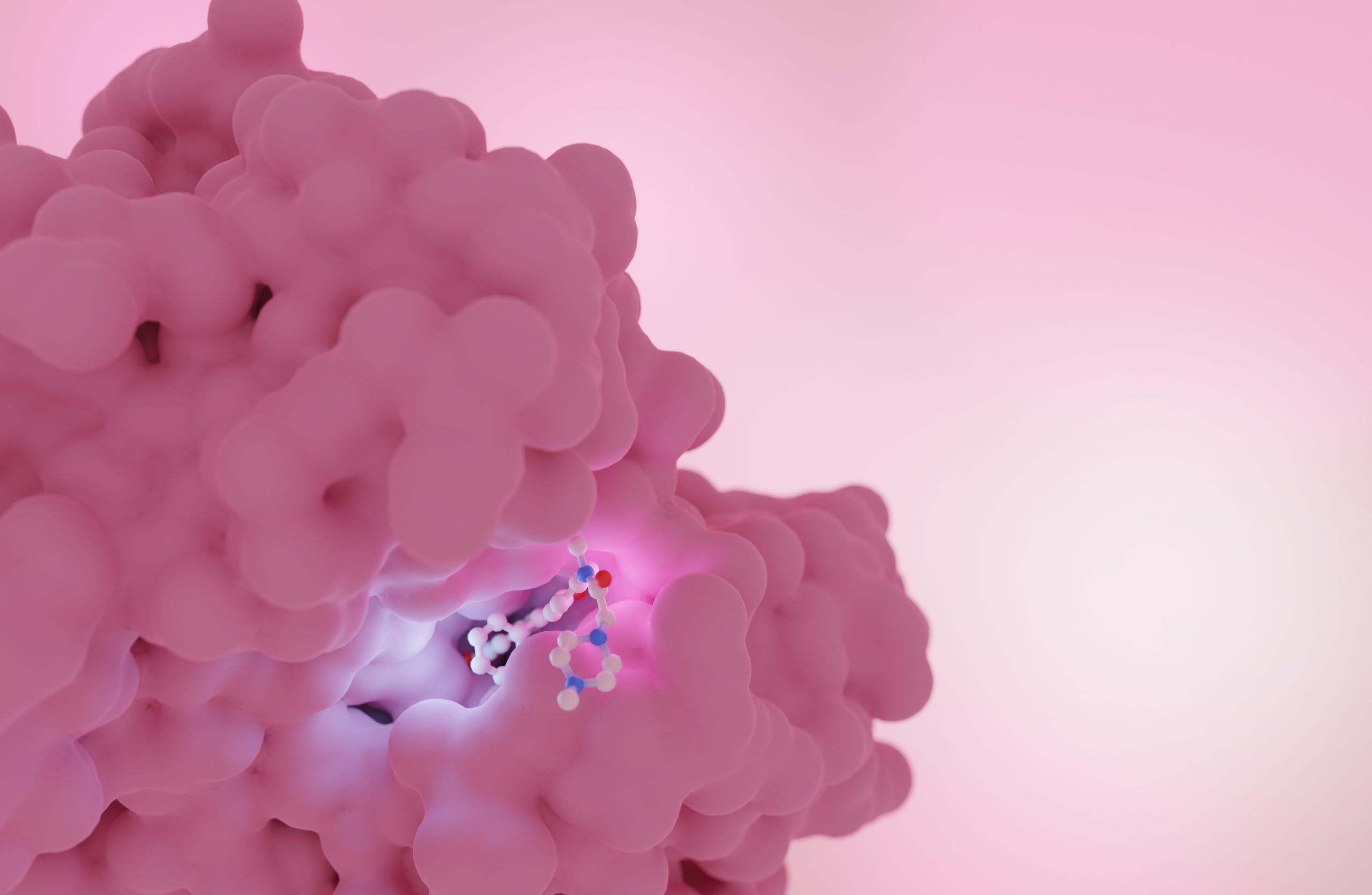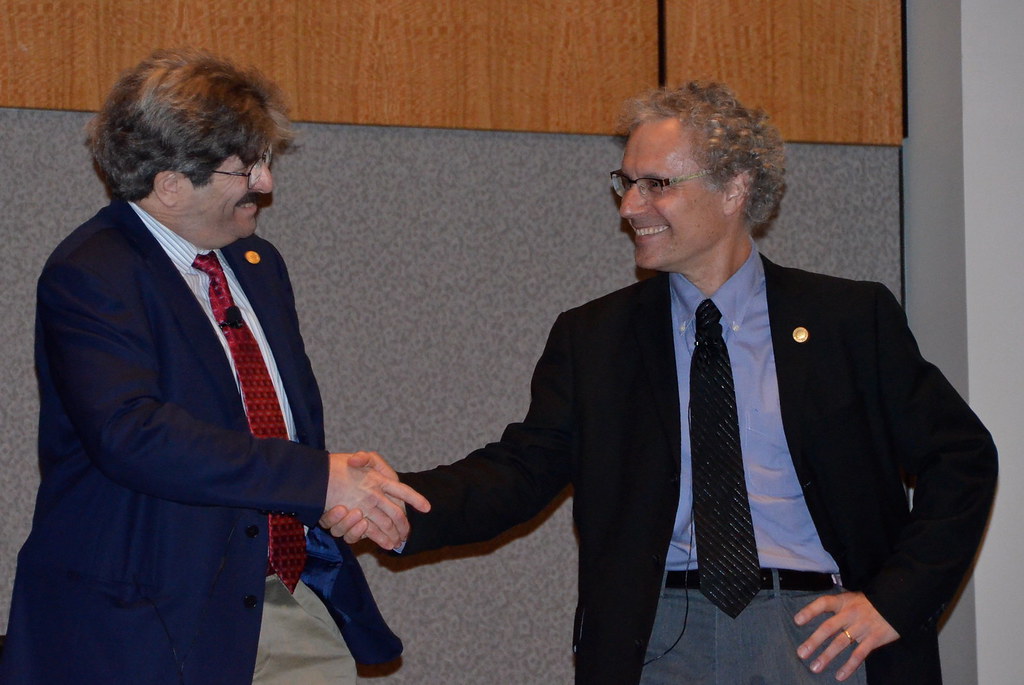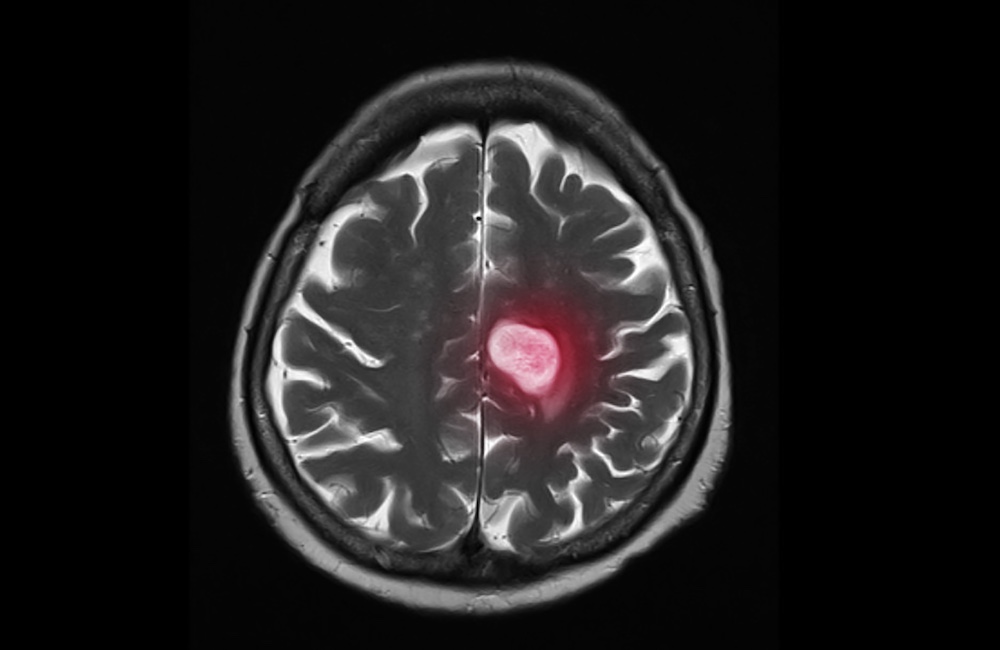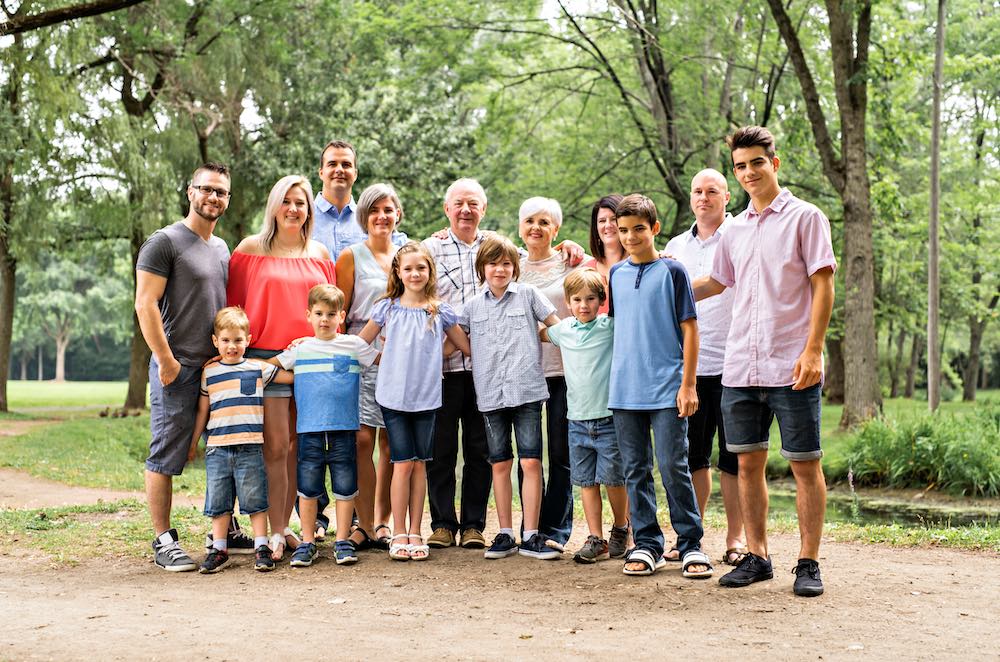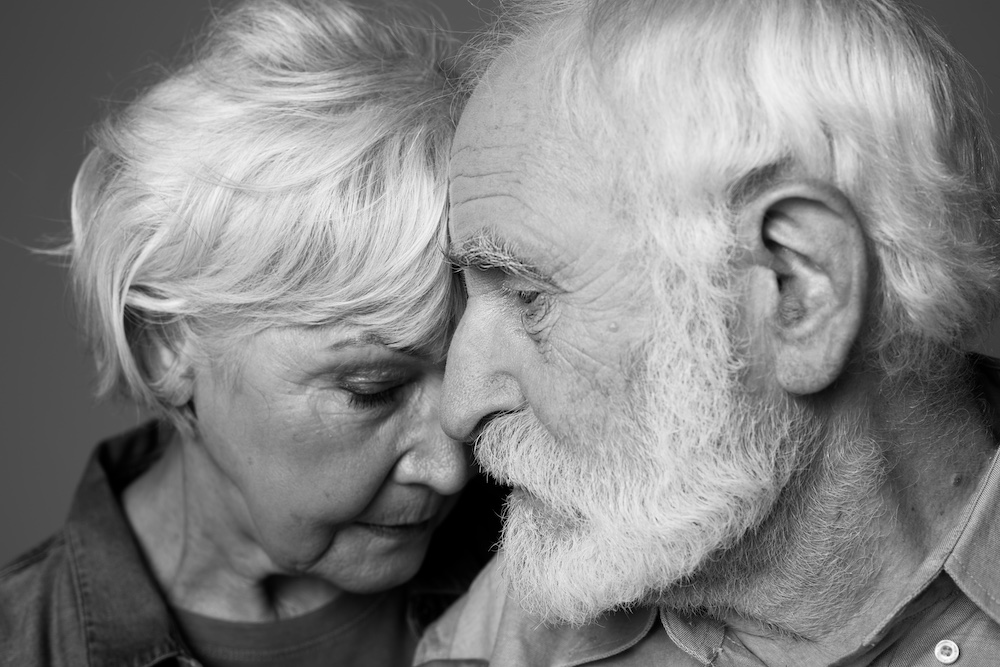News
Targeting a circulating cytokine offers new hope in cancer cachexia
Among patients with cancer cachexia and elevated levels of the cytokine GDF-15, inhibiting GDF-15 with ponsegromab resulted in increased weight gain. The study, published in the New England Journal of Medicine, 14 September, showed that in comparison to placebo, patients taking ponsegromab…
Study opens way for using antifibrotic drugs to prevent metastasis
Adding a drug currently used against idiopathic pulmonary fibrosis to chemotherapy in the neoadjuvant setting increased event-free survival in patients with early HER2-negative breast cancer. The study, published in Clinical Cancer Research, 16 September, found that high levels of fibrosis…
Nobel Prize for medicine awarded for discovery of microRNAs, which play key role in cancer development
The 2024 Nobel Prize in Physiology or Medicine, announced on Monday 7 October, has been awarded jointly to Victor Ambros and Gary Ruvkun for discovering microRNAs and their role in post-transcriptional gene regulation. The work by Ambros, now at the…
ESMO launches initiative to tackle burnout in oncology healthcare professionals
The European Society for Medical Oncology (ESMO) is calling on the oncology community to commit to improving the wellbeing of the cancer workforce. In a paper published in ESMO Open, 10 September, ESMO outlines 11 actions to manage psychosocial risks,…
Antibody-drug conjugate proves effective against active brain metastases
The antibody drug conjugate trastuzumab deruxtecan (T-DXd) showed substantial intracranial activity in patients with HER2-positive breast cancer whose disease had metastasised to the brain. The DESTINY-Breast12 study, presented at the Congress of the European Society for Medical Oncology (ESMO), held…
Early menopause raises own risk of breast cancer and family members’ risk of breast, colon and prostate cancers
Women who experience primary ovarian insufficiency (menopause before the age of 40) are more than twice as likely to experience breast cancer as other women of similar ages. The study, published in the Journal of Clinical Endocrinology and Metabolism, 12…
Raised suicide risk highlights need to support patient’s spouse
The spouses of patients diagnosed with cancer were 28% more likely to attempt suicide and 47% more likely to succeed at their attempt than spouses of people not diagnosed. The Danish cohort study, published in Jama Oncology, August 15, found…
Aspirin prevents colorectal cancer best in those with least healthy lifestyles
Regular aspirin may help lower risk of colorectal cancer most effectively in people who have greater lifestyle-related risk factors for the disease. The study, published in JAMA Oncology on 1 August, found that, to prevent one case of colorectal cancer…
Endometriosis: impact on ovarian cancer varies by subtype
Women with endometriosis have a fourfold higher risk of any type of ovarian cancer and those with severe endometriosis a 10 fold higher risk compared to women who do not have the condition. The study, which involved a cohort of…
Disadvantaged neighbourhoods may contribute to racial disparities in risk of aggressive prostate cancer
Men with prostate cancer living in disadvantaged neighbourhoods show significantly higher activity of stress-related genes than those living in other neighbourhoods. The observational study, published in JAMA Network Open, 12 July, found that neighbourhood disadvantage was positively associated with the…

